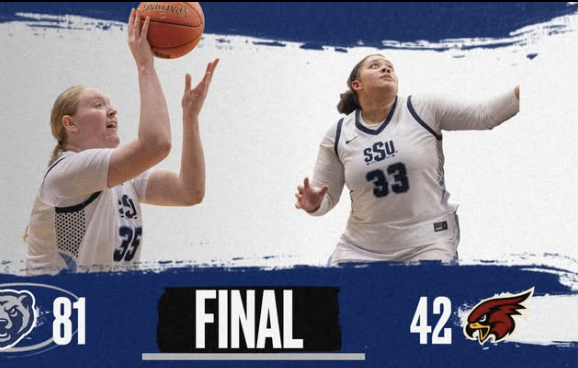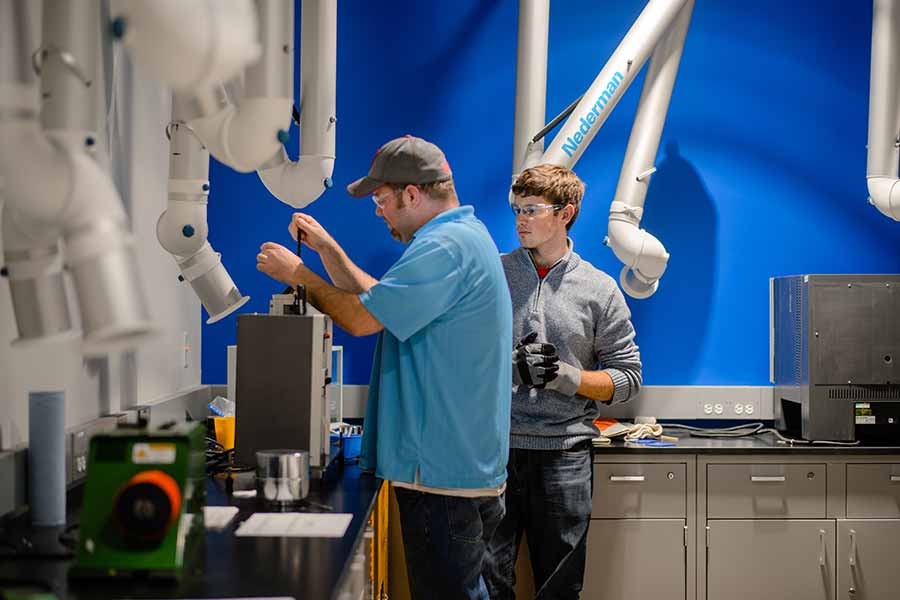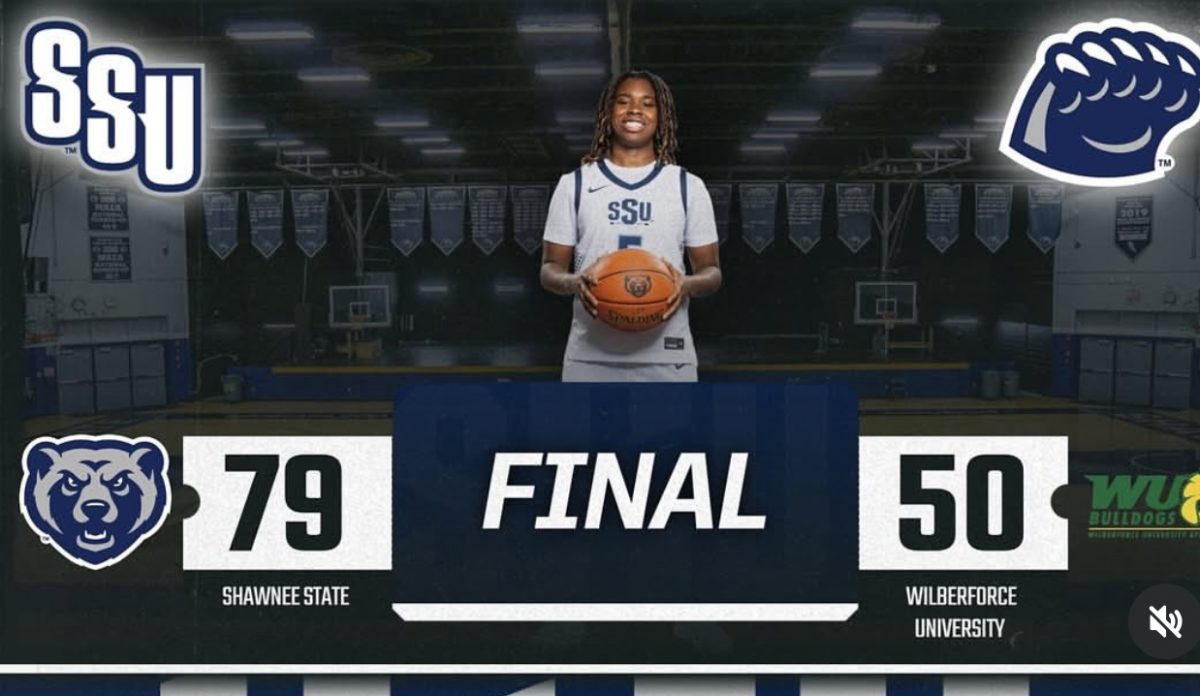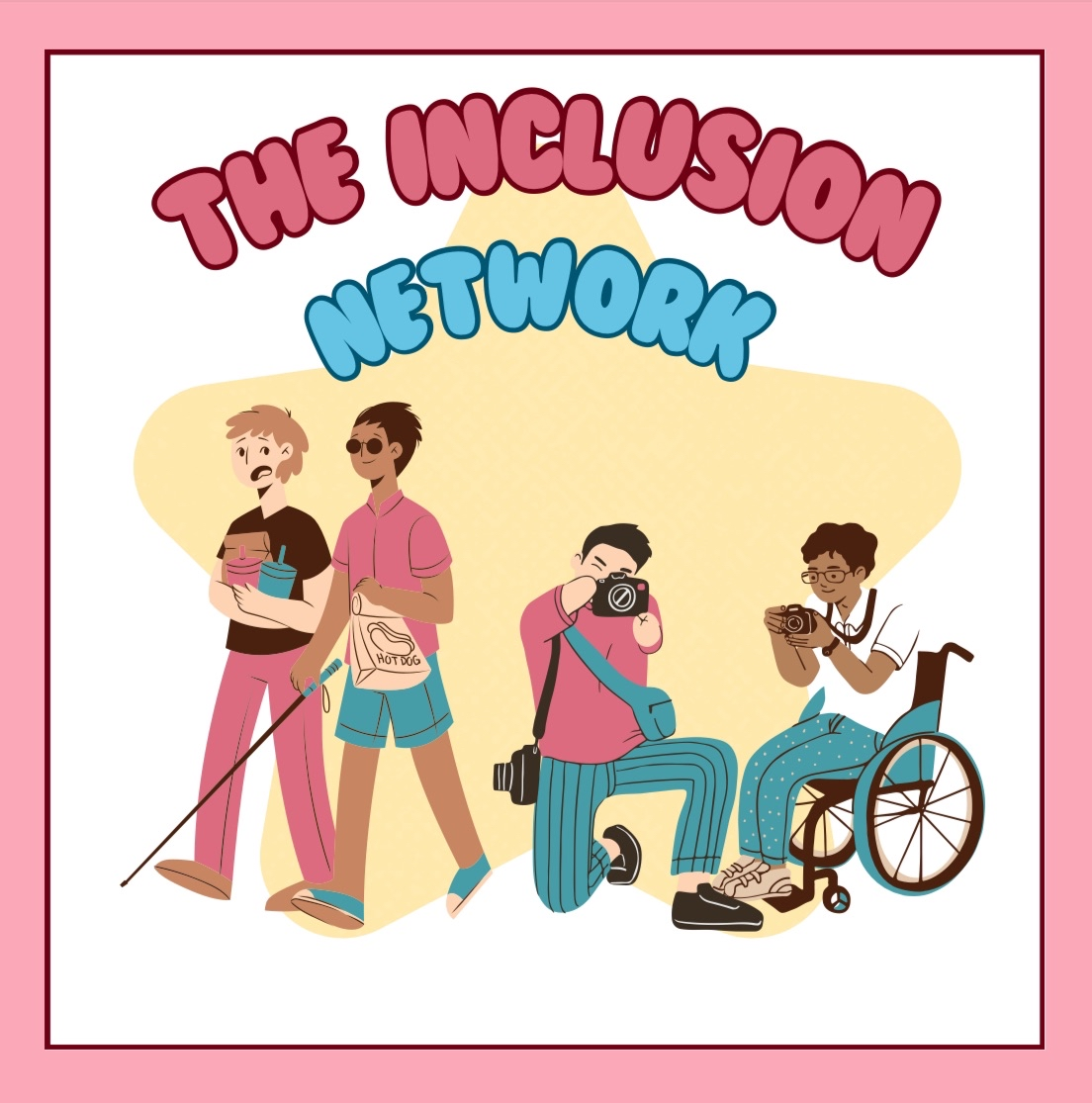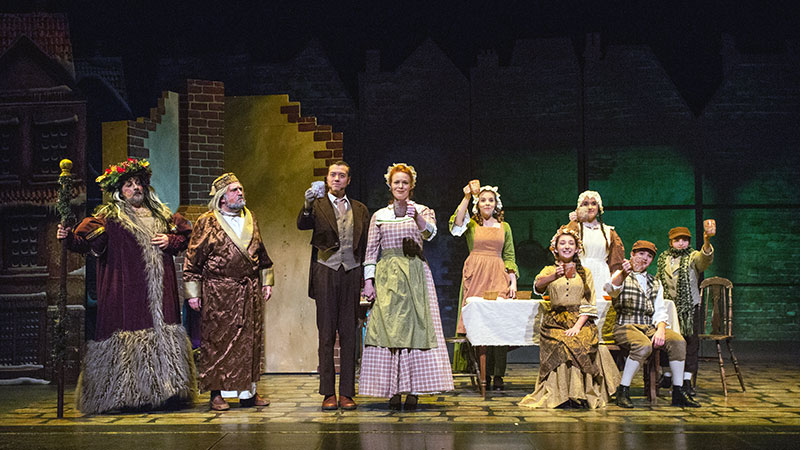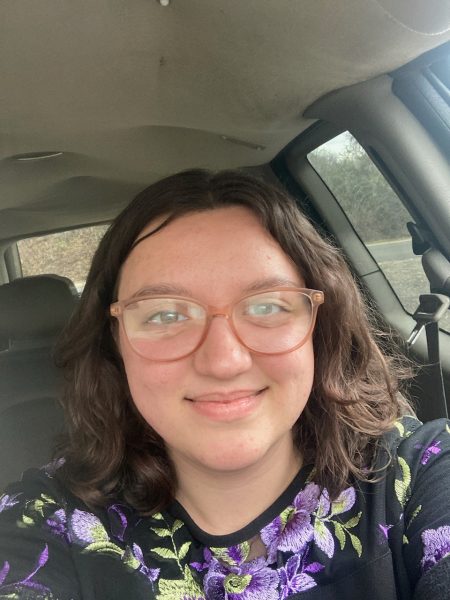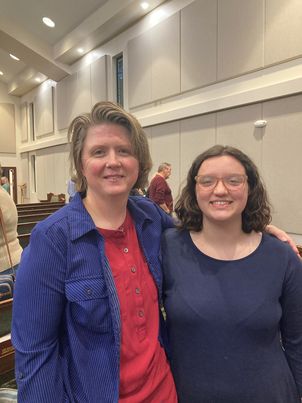
Kandi Temple is a veteran of the United States Army who attends Rubyville Community Church in Portsmouth. She values hard work, honest leadership and her faith. She served in Iraq in Operation Iraqi Freedom (OIF) in 2003 and recently discussed some of the things she experienced while serving her country.
She said her early perceptions of the military were underdeveloped, as they emerged from movies such as My Mother Wears Combat Boots and Major Payne. She has family members who were in the military, but they did not discuss military life, so she did not know what to expect upon enlisting and beginning her training. She said that it was as hard as she expected, as it was physically difficult, but it was not bad, per se.
“It’s definitely different,” she explained. “It was challenging but doable.”
She started her basic training on August 17, 2000. She graduated from West Union high school in June of 2000. She had wanted to be an FBI agent, but the army “seemed cool” and was definitely a way of accomplishing her goals.
In joining the military, she became more disciplined. She has always considered herself to be disciplined, but the military is an entirely different kind of discipline. With basic training, she said there was a lack of food, and serving in the military overall there was a general lack of sleep.
“There is no slacking or sand-bagging,” she said. “In the civilian world, you don’t have a lot holding you accountable to the extent that you do in the military. There are repercussions to not doing what is right.”
She said the transition was not as difficult for her as it was for some of her fellow soldiers because military life fit her personality well.
Temple shared some of the things she witnessed and experienced serving the United States while in Iraq. She was stationed in Baghdad and Fallujah.
“I’ve been to countries all over the world where people have nothing,” she said. “Tin houses, food covered in flies, and their bathroom is a hole in the ground. The worst situation in America is far better than the many situations I’ve seen in other countries. Like in Iraq, I couldn’t tell you how many people I saw with missing eyes, missing fingers, people who were tortured.”
Her desire is that others would be more grateful for the things they have and those who have made it possible to have those things, namely the United States’ military. She explained how we can better honor our veterans for the sacrifices they made.
“Show them honor, respect and know their history,” she said. “Know the sacrifices that they made for people they did not know. People do not know how good they have it in this country.”
Temple also shared that although during the time she did not follow any religion, she knows that God is who protected her during the time she served her country: “I do know he’s the reason I survived that ambush because there was a miraculous intervention.”
She also shared fond memories of a leader she admired.
“One of my favorite leaders was Staff Sergeant Pacheco because he was my first good leader,” she said. “We had really poor leadership that we didn’t feel really cared for us. He was the first NCO (Non-Commissioned Officer) who actually worked with us.”
Temple said that he taught them not by barking orders at them, but by actually working with them. He got “down in the dirt” and showed them how to do what needed to be done, and he did it well. He led by example and showed them that he cared for their wellbeing.
The horrors of war are hard to understand, and Temple stated that the best way that American civilians can help honor veterans is to educate each other on America’s history and the sacrifices made to protect it.
“Don’t forget your history,” she said. “Learn from it; don’t repeat it. Make sure it’s our real history.”
She urged people to treat veterans with respect, especially the Vietnam generation because they were treated with such disrespect when they came home the first time.


